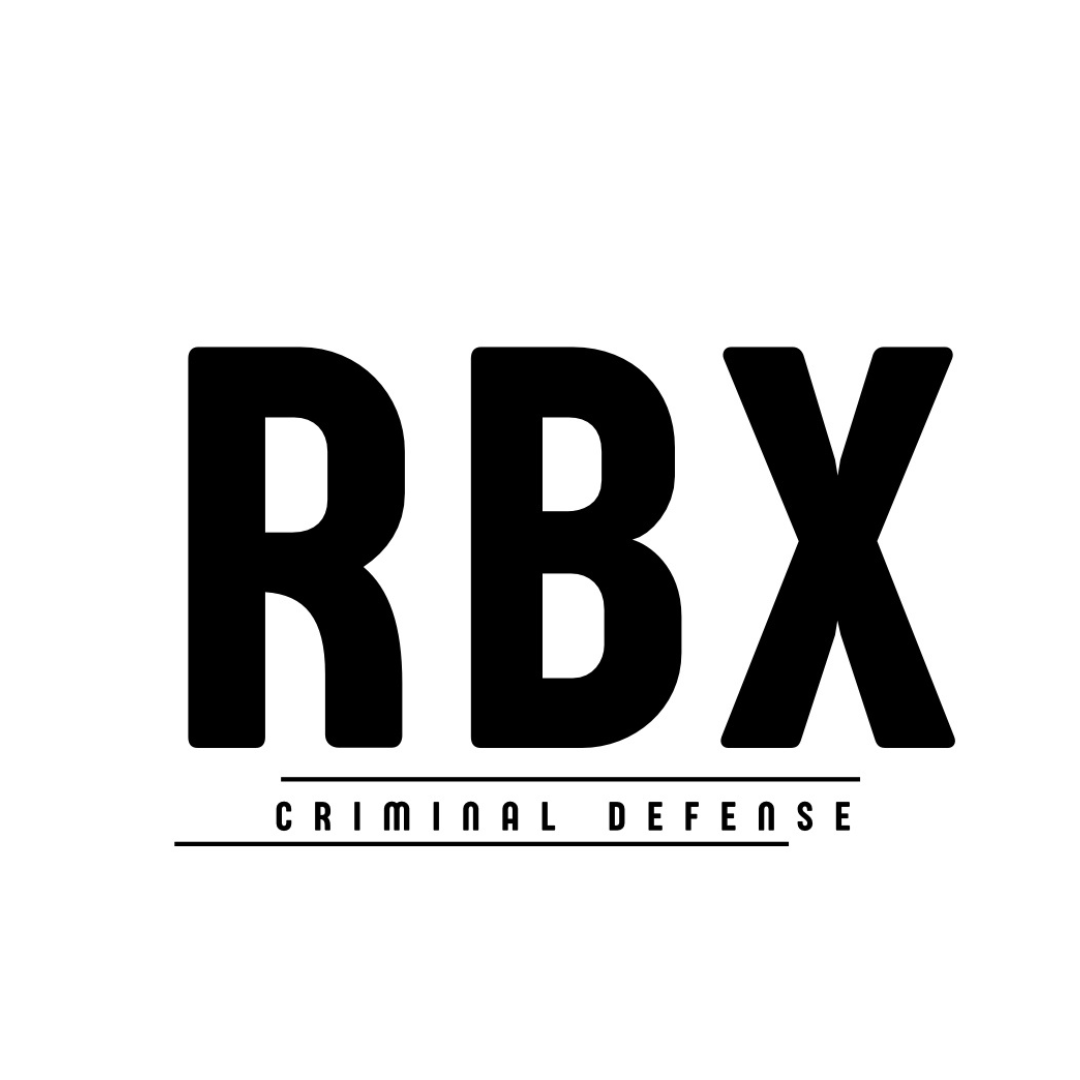DUI probation is usually unsupervised for misdemeanor DUI convictions. For felony DUI convictions, on the other hand, probation is usually supervised.
Unsupervised vs. Supervised Probation
Supervised
Supervised probation means that the local probation department will keep track of the defendant’s progress on probation. The defendant is usually required to check in periodically with a probation officer. The probation officer may also check in on the defendant at their home or place of work. Supervised probation applies to felony DUI cases. A judge can also order supervised probation in misdemeanor cases. However, most misdemeanor cases are unsupervised. If the defendant fails to meet their probation requirements or violates the terms of their probation, the probation officer will report the violation to the court.
Unsupervised
Unsupervised probation means that there is no one tracking the defendant’s progress on probation. It is also called court probation or informal probation. At sentencing, judge sets deadlines for the completion of probation requirements. Failure to complete probation requirements by their deadlines can result in a probation violation. Other violations of probation are usually documented by law enforcement in the form of a police report. Law enforcement sends the report to the local prosecutor, who in turn reports the violation to the court.
Length of DUI Probation
DUI probation is a minimum of 3 years long. However, it can be as long as 5 years or more, pursuant to Vehicle Code section 23600(a)(1). If the DUI is punishable by more than 5 years in state prison, the length of probation can be equal to but not greater than the amount of time the defendant could spend in state prison.
DUI Probation Terms
Probation terms are requirements and rules that the defendant must follow for the duration of the probation period. The terms vary from case to case, but almost always include the following restrictions:
- Obey all laws (“OAL”)
- Do not drive without a valid driver’s license, registration, or insurance
- Do not drive with any alcohol in your system
- Pay a fine to the court1
- Pay restitution for property damage or injuries
A mandatory probation term for all DUI cases is that the defendant enroll in and complete a DUI program. The length of the course depends on the blood alcohol content, whether the defendant has prior DUI convictions, and whether the defendant caused an accident.
Other DUI Probation Terms
The Judge is responsible for setting the terms of probation. The prosecutor, defense counsel, and even the probation department can give the Judge input on probation terms. If there is an agreement between the prosecutor and defense counsel, the judge will typically follow their agreement. However, the judge has the power to impose any terms they believe necessary to rehabilitate or punish the defendant, or to keep the community safe.
Depending on the facts of the case, the judge may order the following additional probation terms:
- Abstain from alcohol
- Attend AA meetings
- Complete Mother’s Against Drunk Drivers and/or Hospital and Morgue Program
- Wear a SCRAM (continuous alcohol monitor) bracelet
- Complete a residential or outpatient treatment program
- Serve a jail or prison sentence
- Ignition interlock device
Violation of Probation
A violation of probation is punishable by imposition of jail sentence, sentencing to jail time, or modification of probation terms. For minor violations, such as failure to timely complete a probation term, the most likely outcome is a modification of probation terms. For more significant violations, such as new criminal charges, the most likely outcome is imposition or sentence to jail time.
Terminating DUI Probation
- Fine amounts vary from county to county. The amount of the fine can exceed the statutory maximum of $1,000 for a violation of VC 23152, and $5,000 for a violation of VC 23153. ↩︎

